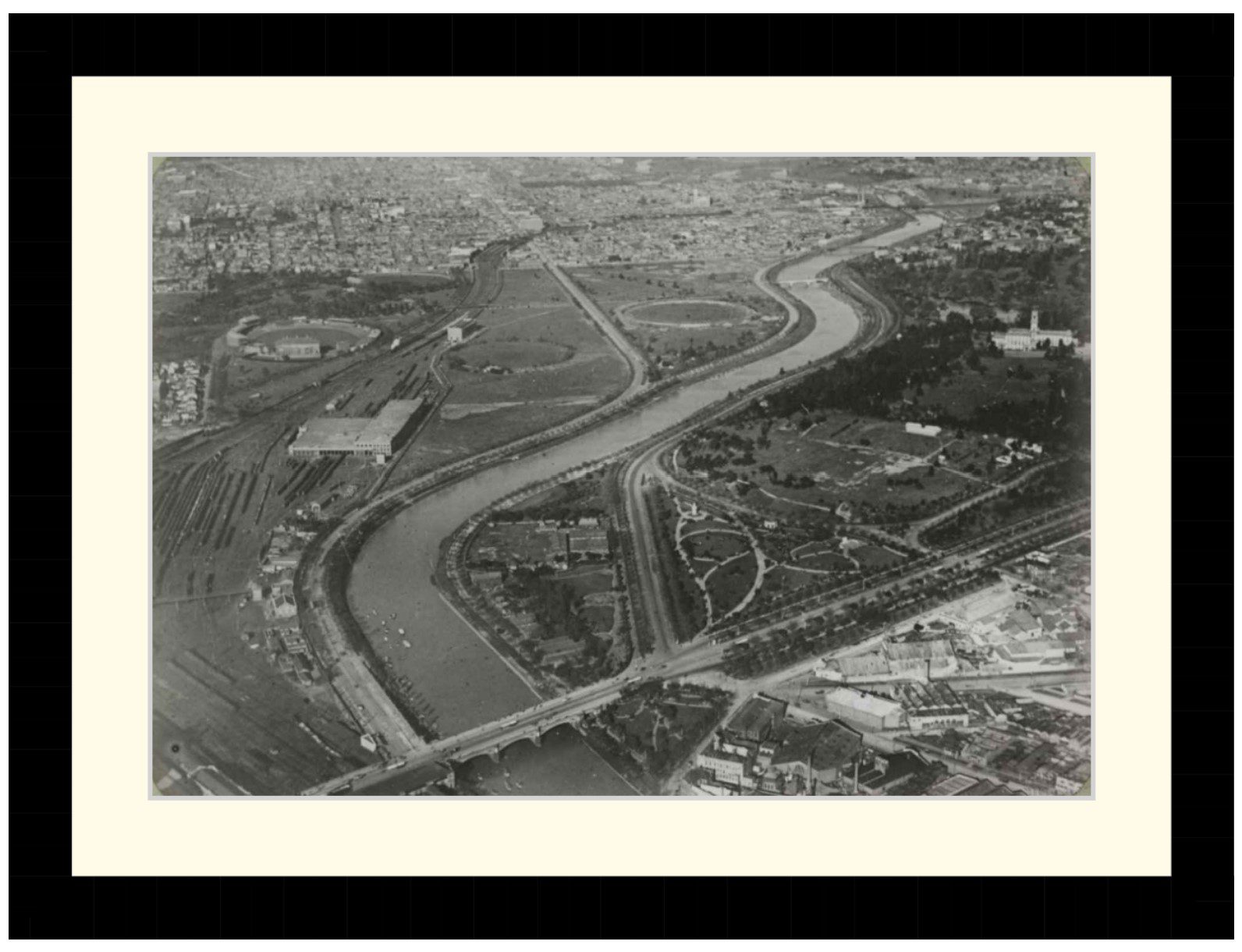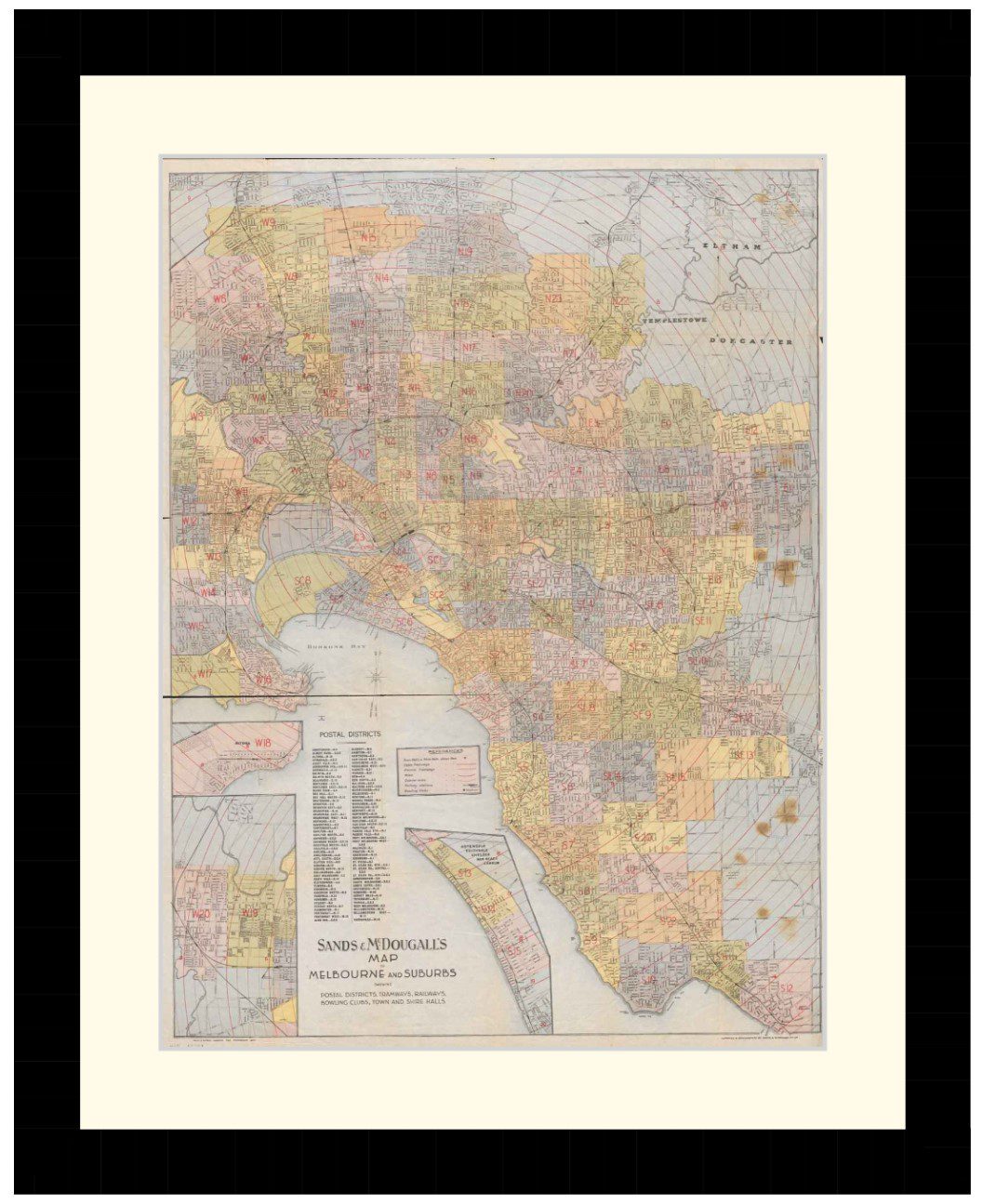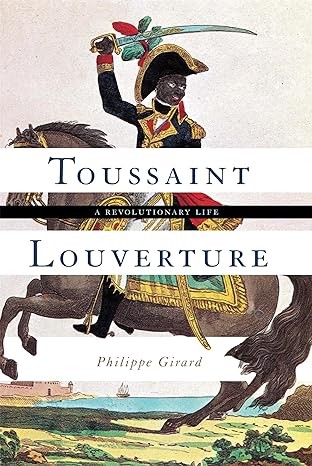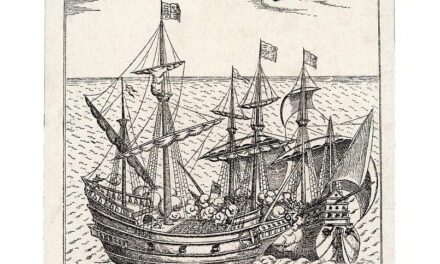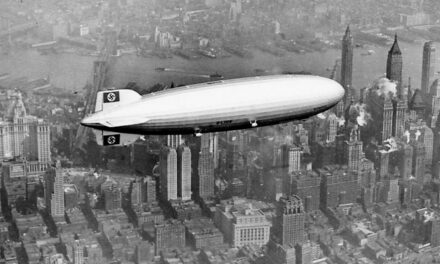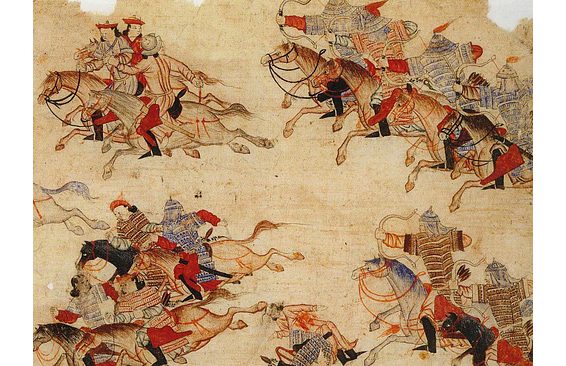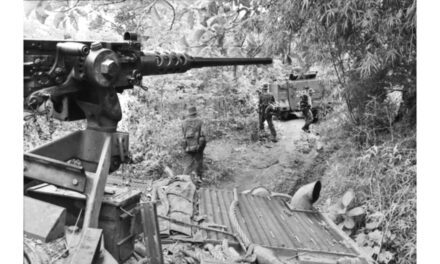The History Guild Weekly History Quiz.
See how your history knowledge stacks up.
Have an idea for a question? Suggest it here and we’ll include it in a future quiz!
1. Which leader said “We will bury you!”?
Nikita Khrushchev – While addressing the Western Bloc at the Soviet embassy on November 18, 1956 Khrushchev said “Whether you like it or not, history is on our side. We will bury you!” The speech prompted the envoys from twelve NATO nations and Israel to leave the room.
2. True or False: In 1920, the Western Australian attorney-general, Thomas Draper, changed the law to allow women to run for Parliament. In the next election he lost his seat to the first woman to be elected to an Australian Parliament, Edith Cowan.
True – Thomas Draper didn’t expect a women to run against him in his safe electorate, let alone win! Edith Cowan OBE was an Australian social reformer who worked for the rights and welfare of women and children. She was the first Australian woman to serve as a member of parliament. Cowan has been featured on the reverse of Australia’s 50-dollar note since 1995.
3. Which future British prime minister made a daring escape from a POW camp during the Boer war in 1899?
Winston Churchill – Churchill travelled to South Africa as a journalist. He travelled to the conflict zone near Ladysmith, then besieged by Boer troops, before heading for Colenso. His train was derailed by Boer artillery shelling and he was captured and interned in a Boer POW camp in Pretoria. After 2 months Churchill escaped from the prison and evaded his captors by stowing away aboard freight trains and hiding in a mine. He eventually made it to safety in Portuguese East Africa.
4. When was the first Nobel Prize awarded?
1901 – Established by Alfred Nobel, they are awarded to ”those who, during the preceding year, have conferred the greatest benefit to humankind.” Nobel held 355 different patents, dynamite being the most famous. He also owned Bofors, which he redirected from its previous role as primarily an iron and steel producer to a major manufacturer of cannon and other armaments. Having read a premature obituary which condemned him for profiting from the sales of arms, he bequeathed his fortune to the Nobel Prize institution.
5. Which two groups fought each other in the Battle of Hattin?
Crusaders vs Ayyubid Sultanate – it took place in 1187, between the Crusader states of the Levant and the forces of the Ayyubid sultan Saladin. The Muslim armies under Saladin captured or killed the vast majority of the Crusader forces. As a direct result of the battle, Muslims once again became the eminent military power in the Holy Land, re-conquering Jerusalem and many of the other Crusader-held cities. These Christian defeats prompted the Third Crusade, which began two years after the Battle of Hattin.
6. Which of these places was settled by Europeans earliest?
Hobart – 1803
Brisbane – 1823
Perth – 1829
Auckland – 1840
7. What type of vessel is this?
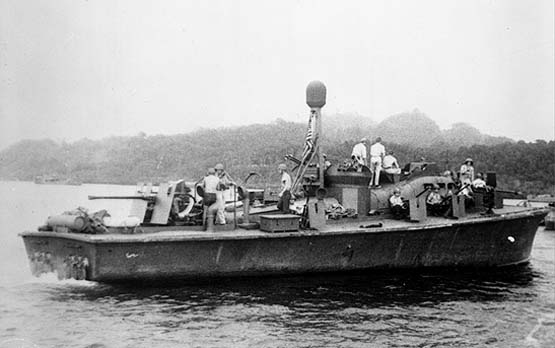
PT Boat – A PT boat was a motor torpedo boat used by the United States Navy in World War II. It was small, fast, and inexpensive to build, valued for its manoeuvrability and speed.
8. Who was the first European to sight Fiji?
Abel Tasman – In 1643 as part of his first pacific voyage Tasman sighted Fiji. While passing the Fiji Islands Tasman’s ships came close to being wrecked in one of its reef-lined bays.
9. Which Australian Prime Minister said “Well may we say ‘God save the Queen’, because nothing will save the Governor-General! “
Gough Whitlam – Australian constitutional crisis of 1975 involved the dismissal from office of the Prime Minister, Gough Whitlam of the Australian Labor Party (ALP), by Governor-General Sir John Kerr, who then commissioned the Leader of the Opposition, Malcolm Fraser of the Liberal Party, as caretaker Prime Minister.
10. Which conflict saw Britain’s worst defeat at the hands of a Non European army?
Anglo-Zulu War – Battle of Isandlwana was the worst defeat inflicted upon Britain by a Non European opponent. Read more about this fascinating conflict Imperial Overconfidence: The Anglo-Zulu War.
Articles you may also like

The First World War continues: Britain’s dash for Mosul, Iraq, November 1918
Reading time: 7 minutes
After the armistice of 1918, why did the British occupy Mosul, Iraq? Dr John Slight looks at the continued hostilities in the Middle East after the guns fell silent on the Western Front.
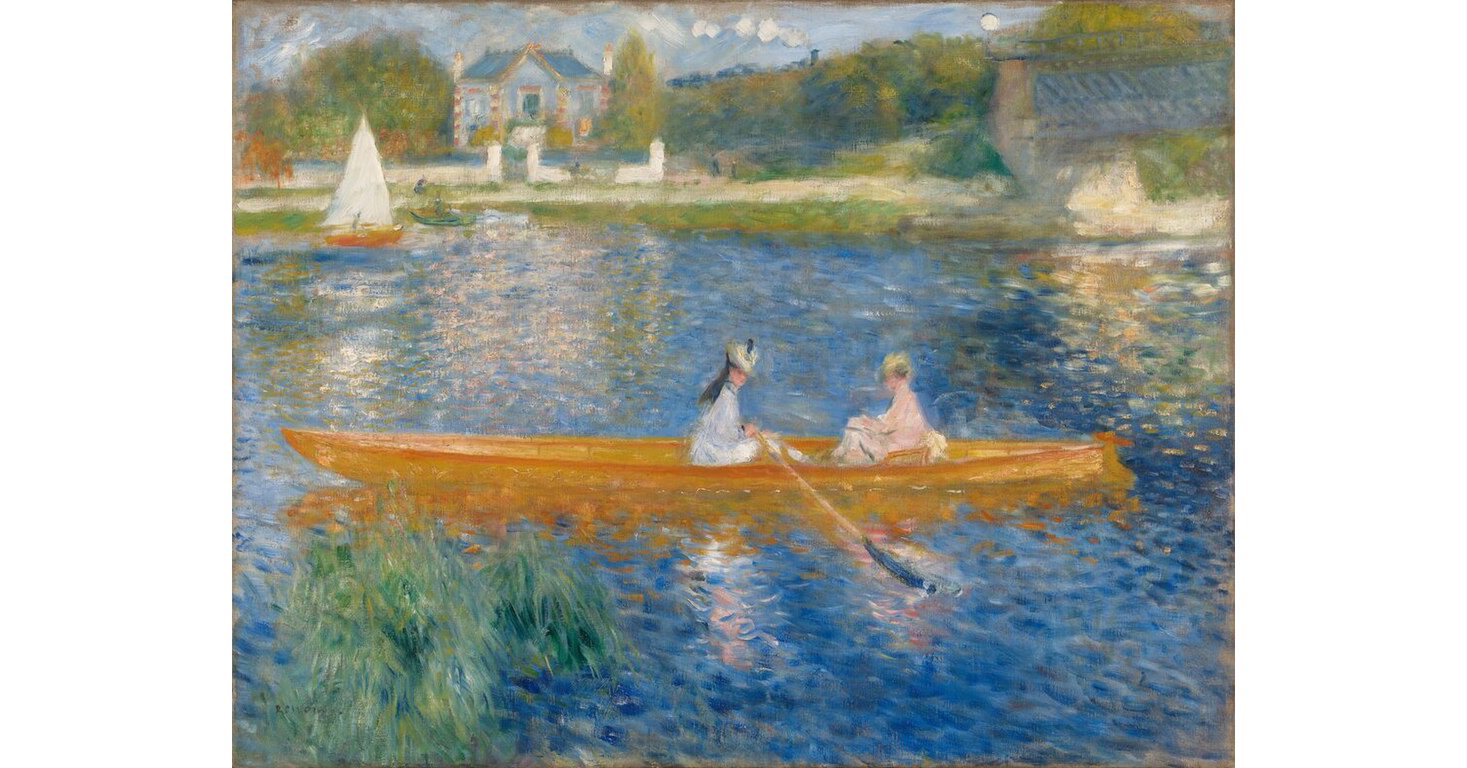
Weekly History Quiz No.249
1. Who painted Boating on the Seine in 1879?
Try the full 10 question quiz.



